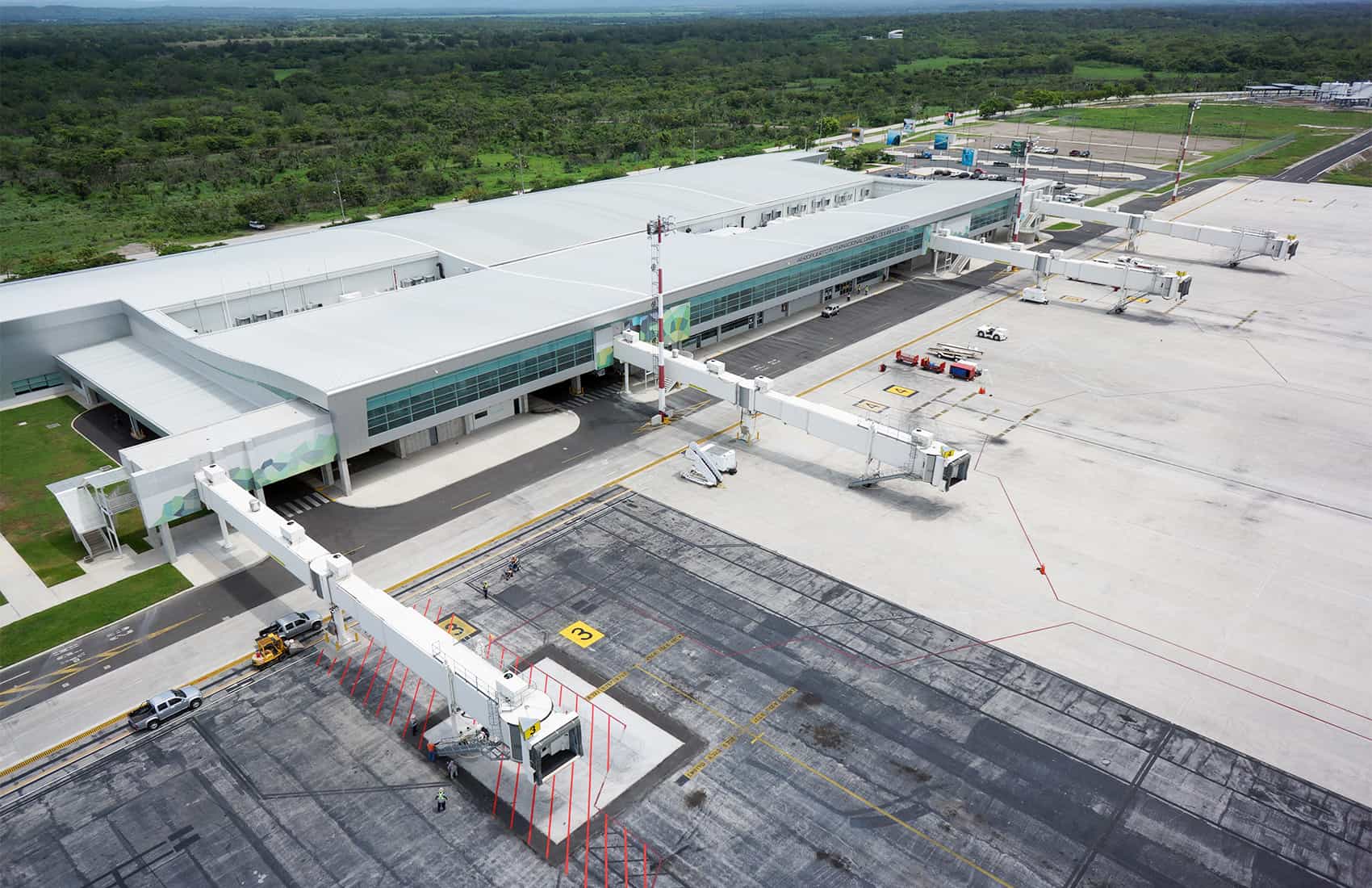Health Minister Daniel Salas on Thursday offered more comments about the factors Costa Rica is considering before it will welcome international tourists.
Salas said that the Health Ministry’s priority is ensuring citizen safety when the borders reopen for foreign visitors.
“We are not going to enable international tourism until we have a protocol that we as a Health Ministry feel rigorously meets the highest level of protection measures for the population,” Salas said.
Costa Rica closed its borders to arriving tourists on March 19. Since that date, only Costa Rican citizens have been allowed to freely enter and exit the country. Residents who last departed the country before March 25 can return to Costa Rica, as can some others.
The current border restrictions are valid through June 30, though they will almost certainly be extended in some capacity.
Salas said again that any reopening will be “gradual, controlled, with traceability of all the people that eventually would be coming in.”
In turn, Costa Rica is considering only allowing tourists from countries that have lower coronavirus transmission, he said.
“We couldn’t, or wouldn’t, allow tourists from countries that have high transmission at that moment,” Salas said.
The protocols for arriving tourists are still being developed in conjunction with the Civil Aviation Administration, the Immigration Administration, the Tourism Board and others. Costa Rica’s airports have already previewed the measures they’re preparing for an eventual return of international tourism.
“The highest rigorosity we can apply,” Salas said of the Health Ministry’s plans. “It’s a responsibility of the highest level.”
In the meantime, Costa Rica is promoting domestic tourism. While some areas — particularly in the Northern Zone — are under alert due to outbreaks, most of the country’s businesses and attractions have opened in some capacity.
Except for those regions under orange alerts, all hotels and restaurants can open. Most national parks and many private reserves are accepting visitors, and the country’s beaches are accessible every morning.
Tourism comprises an estimated 8.2% of Costa Rica’s GDP.






